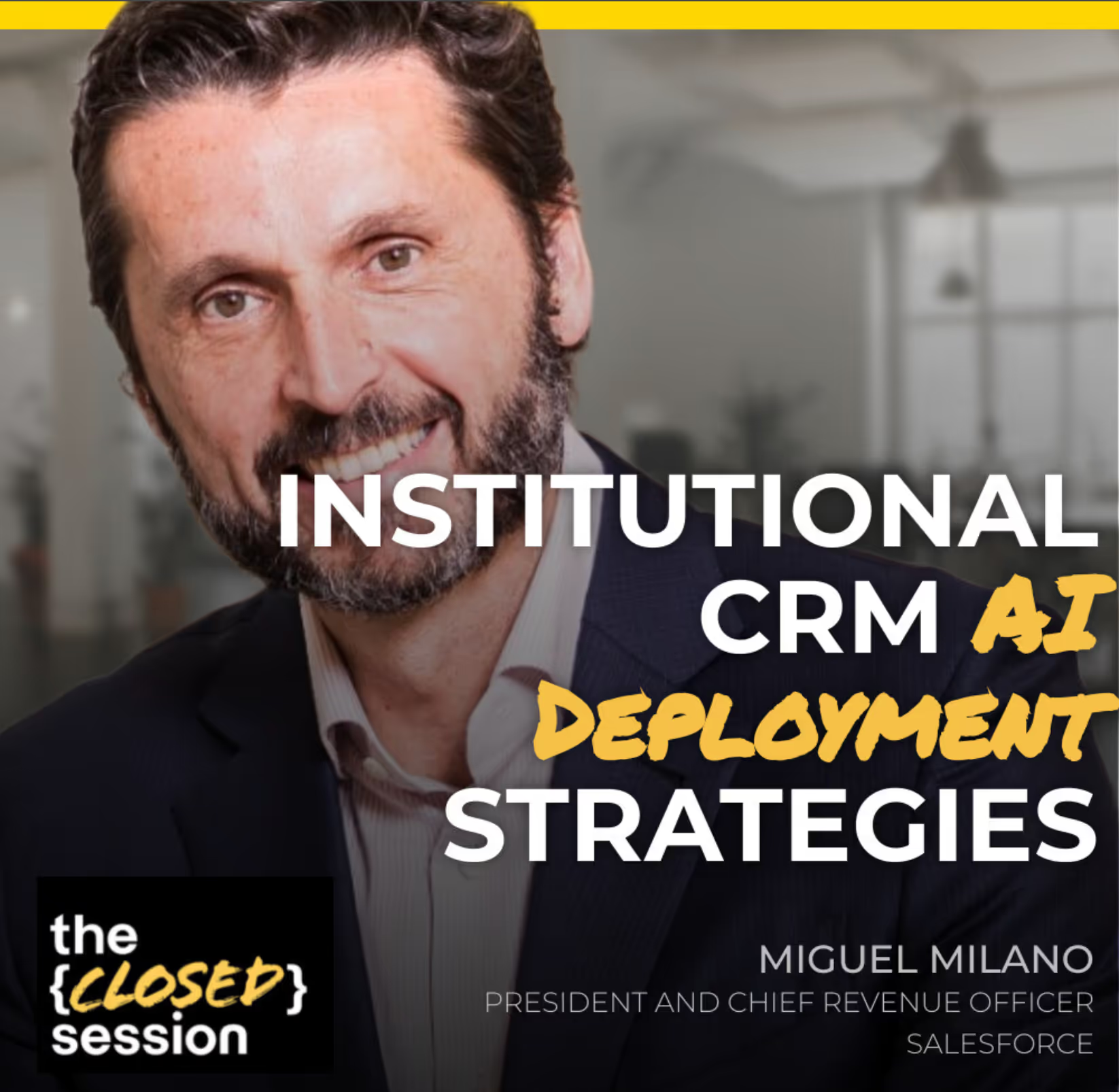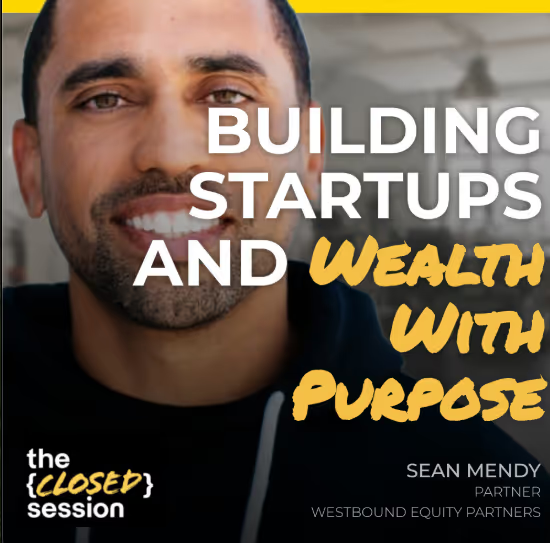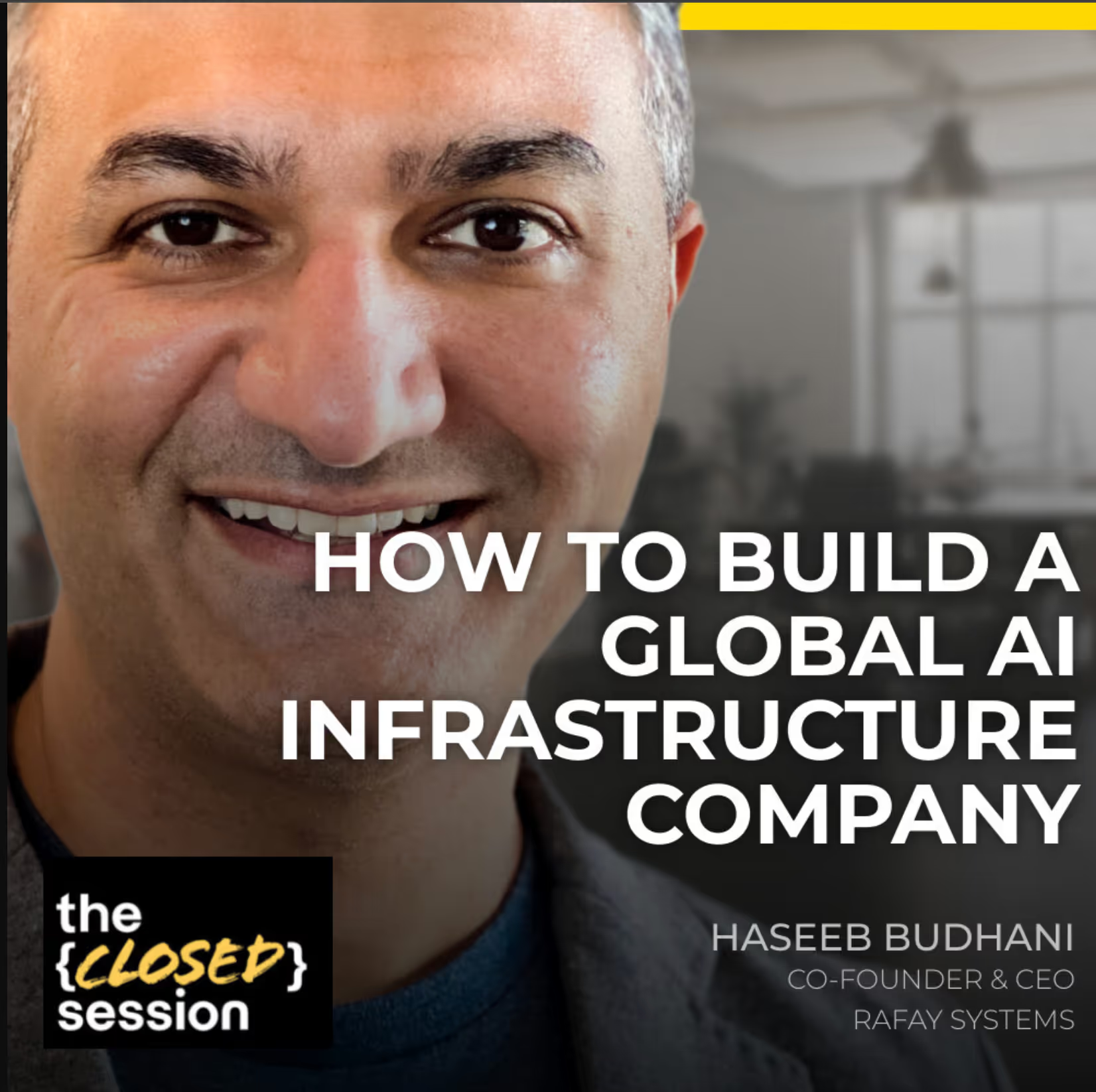
AI Hot Takes: Deepfakes, The Big Stakes, and What to Make
Hosts Tom Chavez and Vivek Vaidya delve into the multifaceted world of generative AI, examining its effects on truth, deepfakes, business integration, and the workforce. They explore provocative questions such as the potential for AI to befriend or betray humanity, touching on concepts like the singularity and reflecting on notable thinkers' warnings. The conversation also navigates the portrayal of AI in popular culture, challenging the often dystopian images and asking why AI can't be seen as a cooperative force. Tune in for a balanced discussion that embraces both the exciting possibilities and pressing concerns of artificial intelligence.
Tech, startups & the big picture
Subscribe for sharp takes on innovation, markets, and the forces shaping our future.
More Episodes
Explore additional conversations with entrepreneurs, investors, and leaders shaping the future of tech and business.



